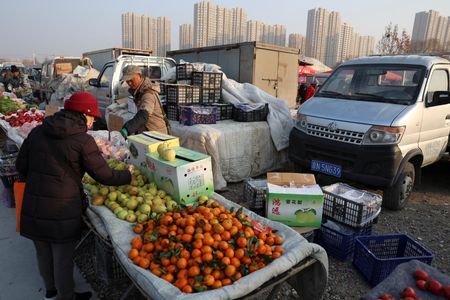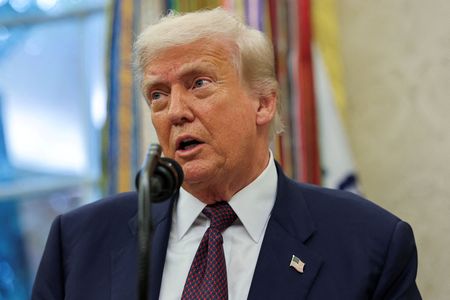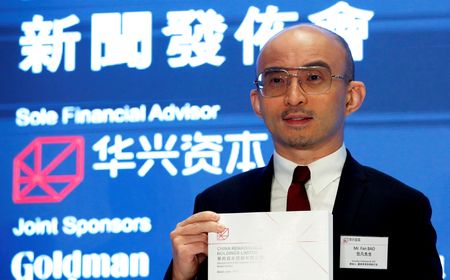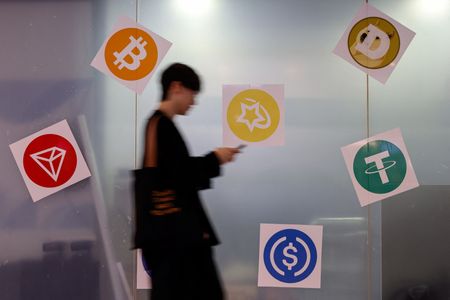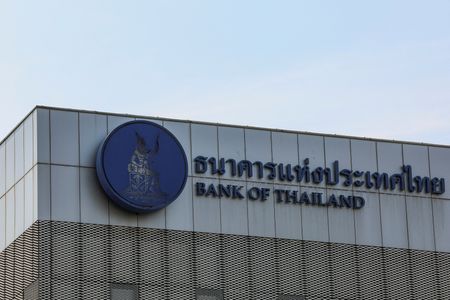By David Lawder
(Reuters) -The World Bank’s International Finance Corporation on Friday approved a loan and investment worth up to $250 million in a polysilicon manufacturing project in Oman for solar power applications, over the objections of the IFC’s U.S. executive director, two sources familiar with the board vote said.
Three other executive directors on the IFC board abstained from the vote on the United Solar Polysilicon project, including those representing Germany, the Netherlands and Nordic countries, the sources said.
United Solar plans to build a $1.6 billion plant to produce 100,000 metric tons of polysilicon a year in Oman’s Sohar Port Freezone. The company has some links to China, partly through its chairman and founder, Zhang Longgen, a U.S. citizen who was previously CEO of Chinese polysilicon maker Daqo New Energy Corp.
A key United Solar shareholder, Chinese private equity investor IDG Capital, spent much of last year on a U.S. Defense Department list of companies with links to China’s military before its removal in December. Other shareholders include Zhang and Oman’s sovereign wealth fund.
A spokesperson for the U.S. Treasury Department, which manages the United States’ dominant shareholding in the World Bank, did not immediately respond to a request for comment on the IFC loan.
The World Bank and IFC – its private-sector financing arm – also did not immediately respond to requests for comment.
IFC intends to provide a loan of up to $200 million and a preferred equity investment of $50 million, according to its disclosure sheet on the project.
At full capacity, the United Solar plant in Oman would produce enough polysilicon annually to supply solar panels producing 40 gigawatts of power.
China dominates the global production of polysilicon, a key ingredient in solar panels, and in its higher-purity form, a raw material for semiconductor production.
The sector is already suffering from massive excess capacity. Reuters reported last week that Chinese polysilicon producers are in talks to spend 50 billion yuan ($7 billion) to acquire and shut down roughly a third of their production capacity and restructure part of the loss-making sector.
One of the sources said the U.S. and the abstaining countries viewed the project effectively as a new Chinese enterprise, supplied largely by Chinese state firms, and adding to excess capacity in the sector.
The Trump administration, in both of its terms, has pressed the World Bank to stop lending to China.
The U.S. last year approved a $325 million federal grant to Michigan-based Hemlock Semiconductor for a major expansion to produce semiconductor-grade polysilicon to support reshoring of the chip supply chain.
(Reporting by David Lawder, additional reporting by Alexandra Alper; Editing by Leslie Adler and Tom Hogue)


